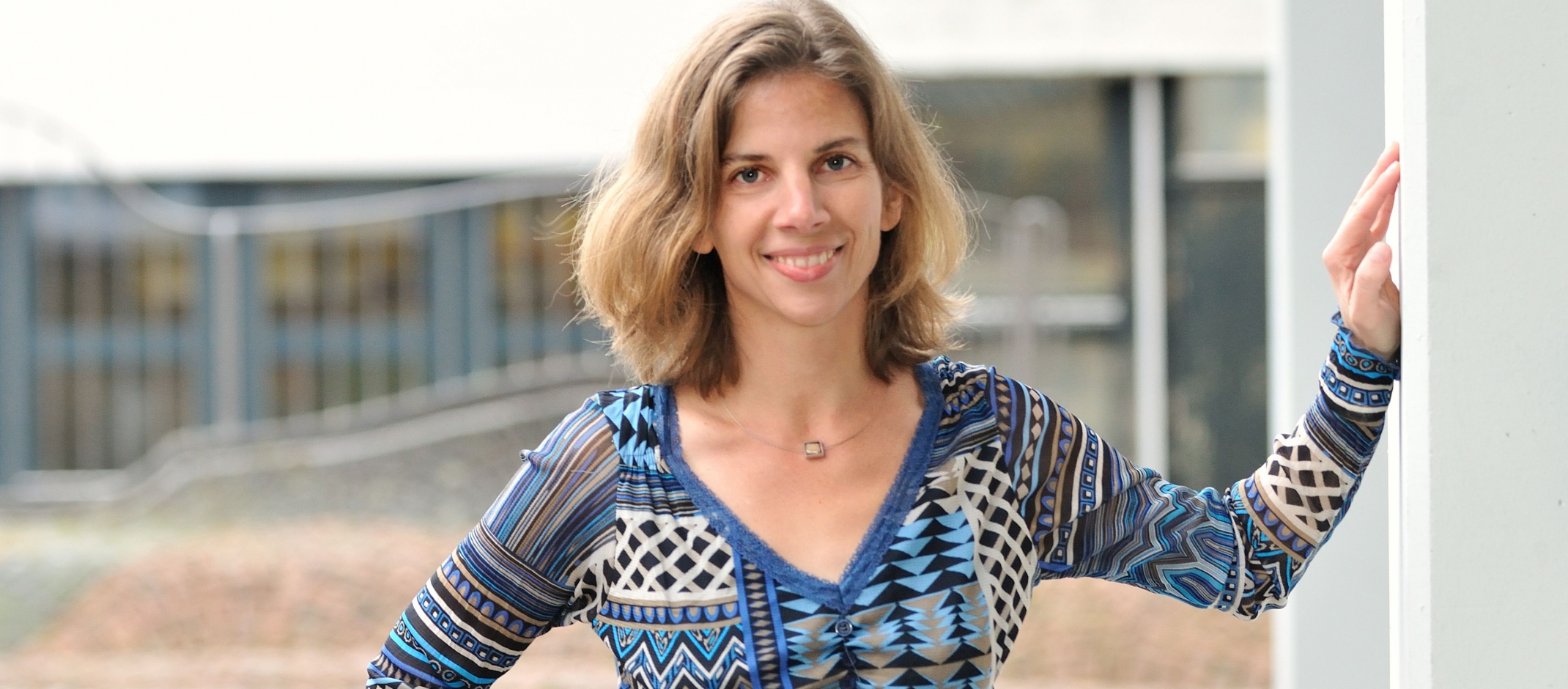Transfer gives research new contours

Developing the digital learning application "Death Notification with Responsibility" was Kirsten Mahlke's first transfer project. In the years that followed and in collaboration with the Charité university hospital in Berlin, she initiated the lecture series "Blut und Tinte" (in German) focusing on the dialogue between medicine and literature. In the context of "Transfer in Teaching", she worked with delivery nurses on a seminar that focused on how the field of obstetrics has changed over time (Link in German). What have been her experiences with transfer?
What draws you to take part in transfer projects?
Kirsten Mahlke: As a cultural scholar, the best fundamental critique of your work comes from taking it to places where its questions are relevant – and relevant for everyday activities.
How does this support your research?
It certainly doesn't help it go faster. Projects never, ever go easier or faster because of collaboration outside the university or transfer activities. Instead, they actually always come to an abrupt stop, which cause researchers to pause and sometimes reformulate their research question in a way that gives the subject matter new contours. When research involves socially relevant issues, it should, ideally, also stem from participatory dialogue. In other words, as participatory science and not in some form of isolation or in an ivory tower.
What does it mean to engage in this participatory dialogue?
It really means always putting three question marks behind your original research strategies and project timelines. Although it is possible to anticipate some difficulties ahead of time, other ones always pop up that you don't expect.
What do transfer projects demand of researchers?
They need to have a lot of sensitivity, patience and tolerance for frustration. Yet there are also moments of success, where there is true collaboration and real understanding, and everyone comes together for a moment. This is not the norm, but these moments are when you realize that this work is worthwhile. They help you through the long dry spells and frustrations.
So, you need a good bit of idealism for projects that engage with society?
Yes, definitely. Without idealism, the process would not stand a chance.
Marion Voigtmann
Verwandte Artikel:

